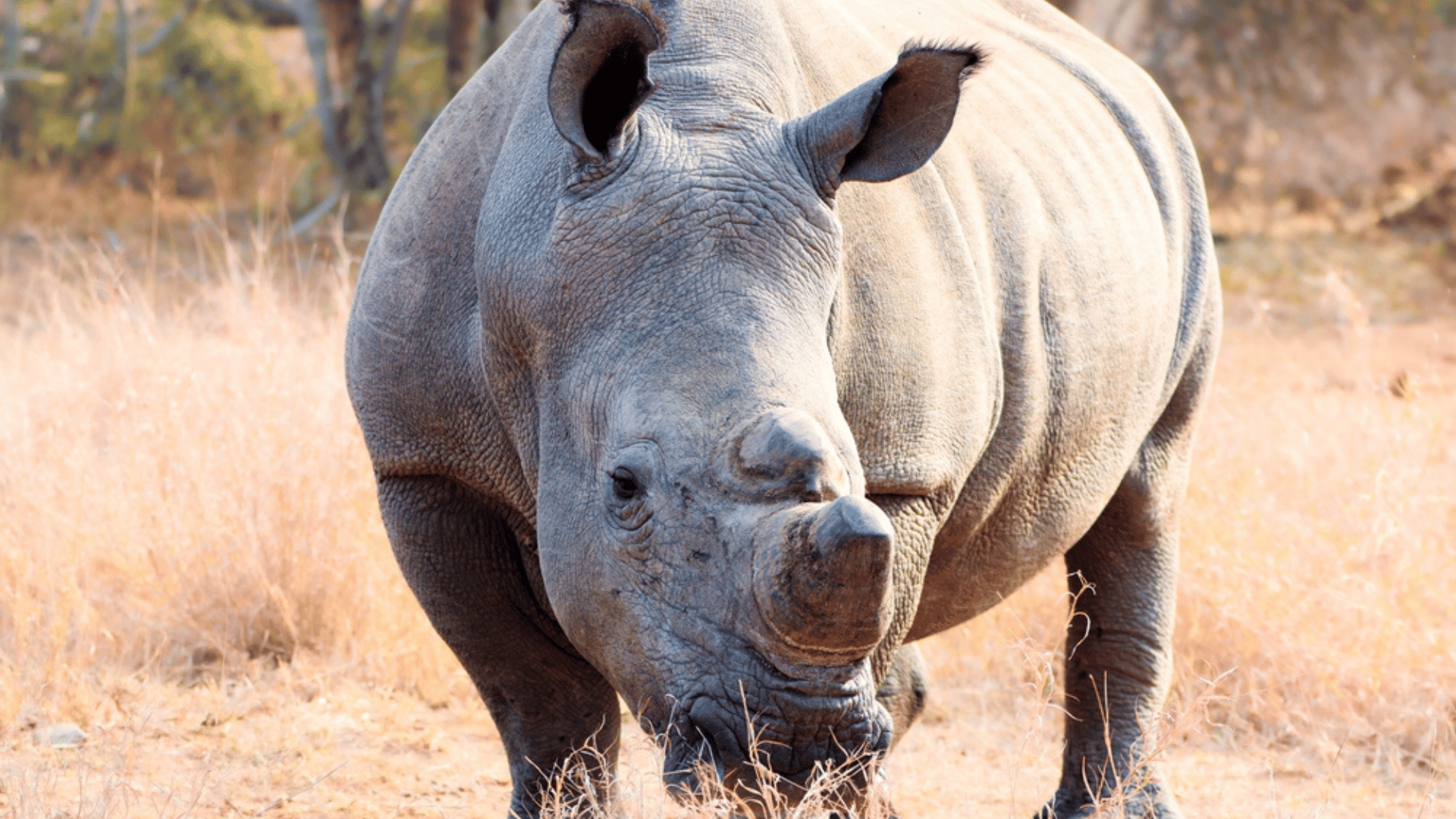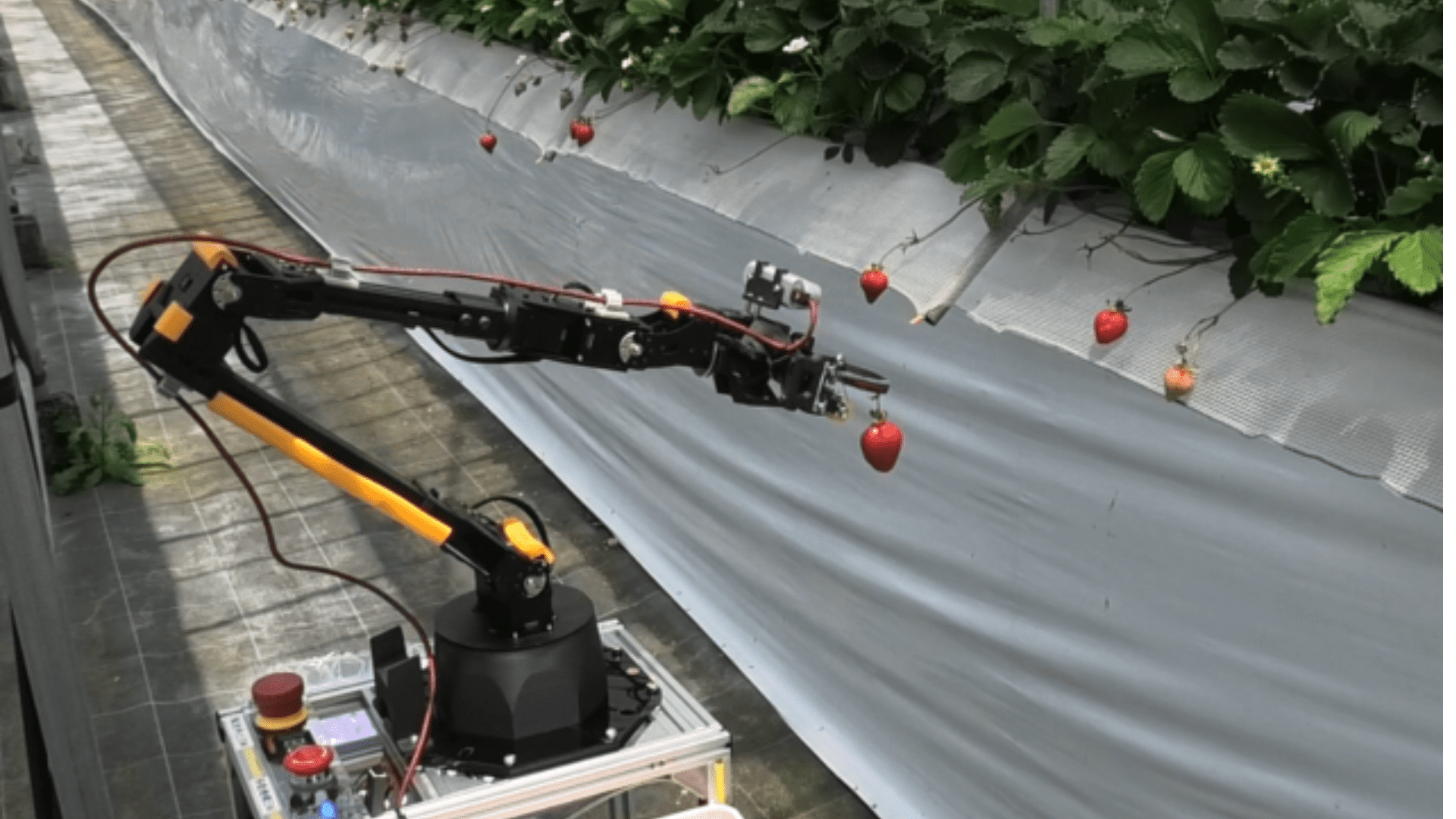As part of a research project designed to reduce poaching, researchers in South Africa have injected nuclear material into the horns of 20 rhinos.

This could potentially deter poachers because radiation detectors are already in place at national borders, which could allow authorities to locate and arrest poachers and/or traffickers. The study includes the participation of both veterinarians and nuclear experts.
Researchers at the University of the Witwatersrand’s Radiation and Health Physics Unit in South Africa began by tranquilizing the rhinos before drilling a hole and carefully inserting the nuclear isotopes into their horns. They hope this process can be used to help save other wild and vulnerable species, such as elephants and pangolins, from poaching.
Explore Tomorrow's World from your inbox
Get the latest science, technology, and sustainability content delivered to your inbox.
I understand that by providing my email address, I agree to receive emails from Tomorrow's World Today. I understand that I may opt out of receiving such communications at any time.
“We are doing this because it makes it significantly easier to intercept these horns as they are being trafficked over international borders, because there is a global network of radiation monitors that have been designed to prevent nuclear terrorism,” said Professor James Larkin, who heads the project. “And we’re piggybacking on the back of that.”
According to Professor Nithaya Chetty, dean of the science faculty at Witwatersrand, the dosage of radioactivity is extremely low, and the potential negative impact on the animal was tested extensively before this trial. Though the team has received support from some in the industry, others have posed doubts regarding its effectiveness in deterring poachers and traffickers.
“(Poachers) have worked out other ways of moving rhino horn out of the country, out of the continent or off the continent, not through traditional border crossings,” stated Pelham Jones, chairperson of the Private Rhino Owners Association. “They bypass the border crossings because they know that is the area of the highest risk of confiscation or interception.”







